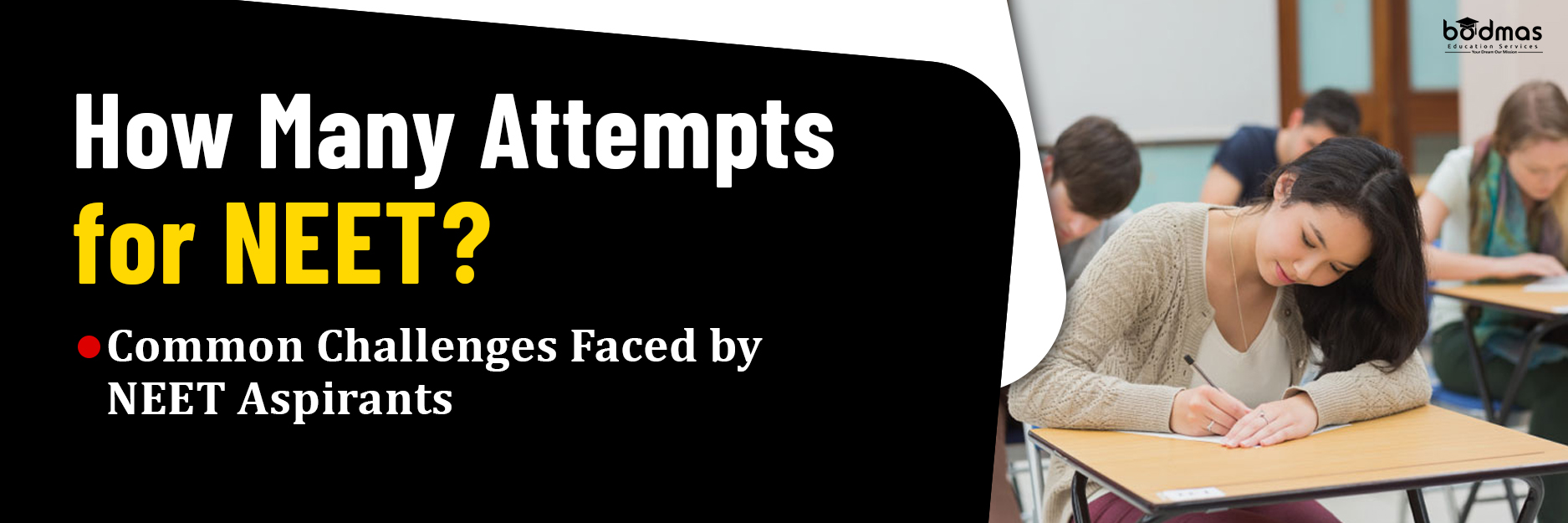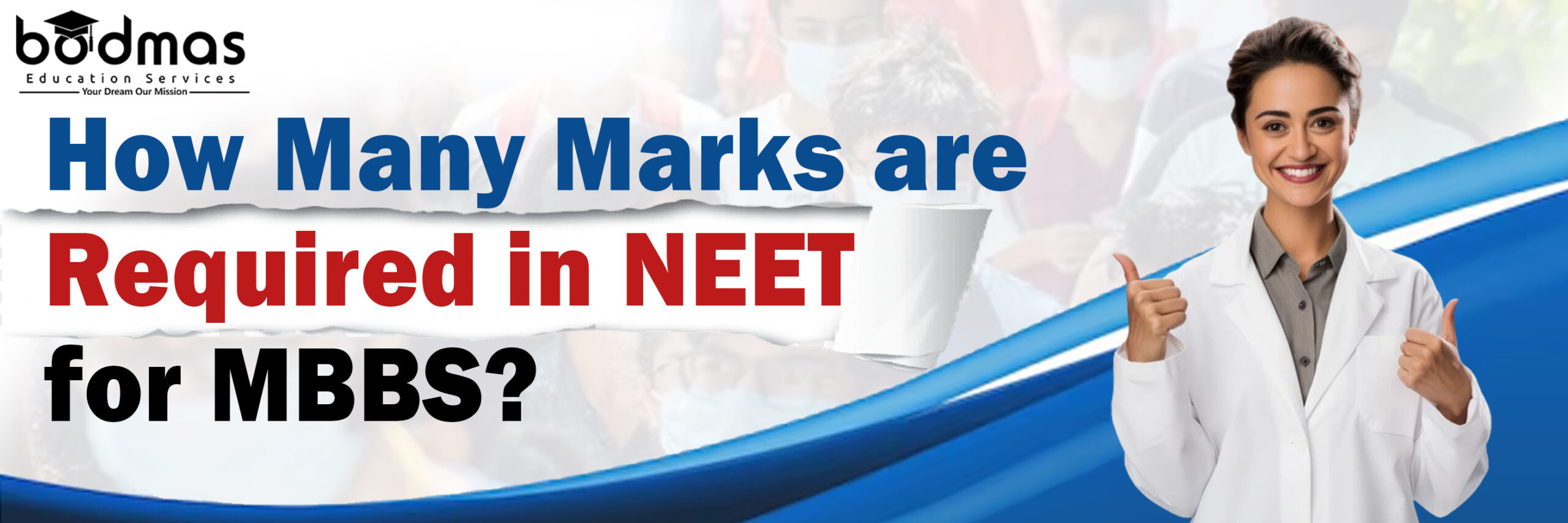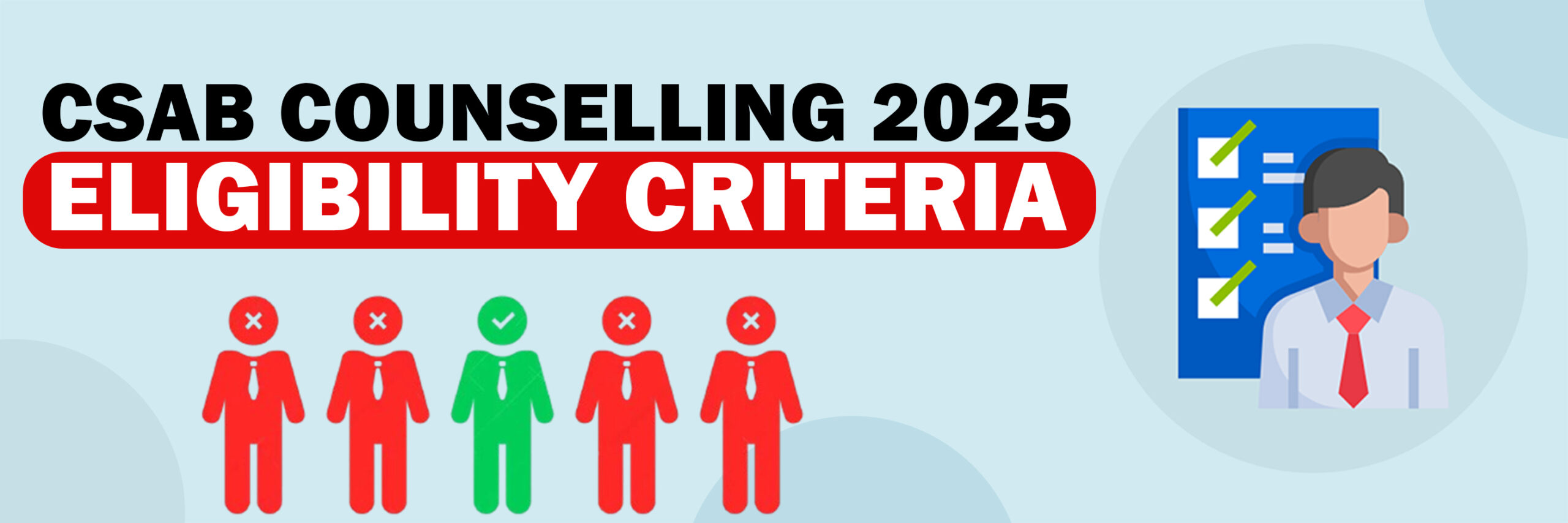Is MBBS Very Costly?
Is MBBS Very Costly?
A Comprehensive Guide with Bodmas Education
Pursuing a Bachelor of Medicine, Bachelor of Surgery (MBBS) is a significant investment in one’s future. It’s a journey that requires not only dedication and hard work but also substantial financial resources. The cost of an MBBS degree varies widely depending on the country, university, and program. In this article, we will explore the factors influencing the cost of an MBBS education, compare costs across different regions, and discuss how to manage expenses effectively. Bodmas Education, a leading consultant in medical education, provides valuable insights and assistance for students navigating the financial aspects of their medical studies.
Factors Influencing the Cost of MBBS
- Country of Study
The cost of an MBBS degree can vary significantly based on the country where you choose to study. Countries with well-established medical education systems and high living standards tend to have higher tuition fees. For example:
- United States: The cost of an MBBS (or equivalent MD degree) can range from $30,000 to $70,000 per year, making it one of the most expensive options globally.
- United Kingdom: Tuition fees for MBBS programs in the UK typically range from £20,000 to £50,000 per year.
- India: In contrast, the cost of studying MBBS in India can range from ₹1,00,000 to ₹15,00,000 per year, depending on whether the institution is public or private.
- Type of Institution
The type of institution you choose—whether it’s a public or private university—also affects the cost. Private medical schools generally charge higher tuition fees compared to public institutions. However, private institutions may offer more modern facilities, smaller class sizes, and additional support services.
- Duration of the Program
The duration of the MBBS program can influence the overall cost. Most MBBS programs last for 5 to 6 years, but some countries may offer shorter or longer programs. The total cost will include tuition fees for the entire duration, as well as additional expenses such as clinical rotations and internships.
- Living Expenses
In addition to tuition fees, students must consider living expenses, including accommodation, food, transportation, and personal expenses. Living costs can vary greatly depending on the city and country where the university is located. For example, studying in a major metropolitan area may be more expensive compared to a smaller town.
- Additional Costs
Students should also account for additional costs such as textbooks, medical equipment, and insurance. Some universities may have specific requirements for uniforms and lab coats, which can add to the overall expense. Exam fees and licensing costs may also be significant, depending on the country of study.
Cost Comparison Across Different Regions
- United States
The United States is known for its high-quality medical education, but it comes with a hefty price tag. The cost of an MBBS (or MD) degree in the US can range from $30,000 to $70,000 per year, depending on the institution. Public universities may offer lower tuition fees for in-state students, but the cost remains high compared to other countries. Additionally, living expenses in major cities can further increase the financial burden.
- United Kingdom
In the UK, the cost of an MBBS program typically ranges from £20,000 to £50,000 per year. International students generally pay higher tuition fees compared to domestic students. While the UK offers excellent medical education and opportunities, the financial investment is substantial. Living costs in cities like London can be particularly high.
- India
India offers a more affordable option for MBBS studies, with tuition fees ranging from ₹1,00,000 to ₹15,00,000 per year. Public medical colleges are significantly cheaper compared to private institutions. However, competition for seats in public colleges is intense. Living expenses in India are relatively low compared to Western countries, making it an attractive option for international students seeking quality education at a lower cost.
- Eastern Europe
Countries in Eastern Europe, such as Poland, Hungary, and Ukraine, offer MBBS programs at relatively low costs. Tuition fees in these countries typically range from €5,000 to €12,000 per year. These countries also offer programs in English, making them accessible to international students. Living costs in Eastern Europe are generally lower than in Western Europe, further reducing the overall expense.
- China
China has become a popular destination for international students pursuing MBBS degrees. The cost of studying MBBS in China ranges from $3,000 to $10,000 per year, making it one of the most affordable options. Chinese universities also offer programs in English, attracting students from around the world. Living costs in China are relatively low, making it an economical choice for medical education.
Managing the Cost of MBBS
- Scholarships and Financial Aid
Many universities and organizations offer scholarships and financial aid to help offset the cost of an MBBS degree. Scholarships may be based on academic merit, financial need, or specific criteria set by the donor. Students should research available scholarships and apply for as many as possible to reduce their financial burden.
Bodmas Education assists students in finding suitable scholarships and applying for financial aid. Their expertise helps students identify opportunities that align with their academic and financial needs.
- Student Loans
Student loans are another option for managing the cost of medical education. Many banks and financial institutions offer student loans specifically for education expenses. These loans may come with favorable terms, such as lower interest rates and flexible repayment options. Students should carefully consider the terms and conditions of any loan before borrowing.
Bodmas Education provides guidance on securing student loans and offers advice on managing loan repayments effectively.
- Part-Time Work
Working part-time while studying can help students manage living expenses and reduce the overall financial burden. Many countries have regulations that allow international students to work part-time during their studies. Students should check the specific work regulations in their country of study and explore job opportunities that fit their schedule.
- Budgeting and Financial Planning
Effective budgeting and financial planning are crucial for managing the cost of an MBBS degree. Students should create a detailed budget that includes tuition fees, living expenses, and additional costs. By tracking their spending and adjusting their budget as needed, students can maintain control over their finances and avoid unexpected expenses.
Bodmas Education offers personalized financial planning services to help students create a realistic budget and manage their expenses throughout their studies.
The Role of Bodmas Education in Managing Costs
Bodmas Education is a leading consultant in medical education, providing valuable support to students seeking to pursue an MBBS degree. Their services include:
- Guidance on Choosing the Right University: Bodmas Education helps students select universities that offer quality education at affordable costs. They provide information on tuition fees, living expenses, and available financial aid options.
- Assistance with Scholarship Applications: Bodmas Education offers guidance on finding and applying for scholarships to reduce the financial burden of medical education.
- Financial Planning and Budgeting: Bodmas Education provides personalized financial planning services to help students create and manage their budgets effectively.
- Loan Assistance: Bodmas Education helps students navigate the process of securing student loans and offers advice on managing loan repayments.
- Visa and Admission Support: Bodmas Education assists with the visa application process and provides support with university admissions to ensure a smooth transition to studying abroad.
MBBS Degree
The cost of pursuing an MBBS degree can be significant, but with careful planning and the right support, it is possible to manage expenses effectively. By understanding the factors that influence the cost, exploring different regions and institutions, and utilizing available resources, students can make informed decisions about their medical education.
Bodmas Education plays a crucial role in helping students navigate the financial aspects of pursuing an MBBS degree. Their expertise and personalized support ensure that students have access to the information and resources they need to make the best choices for their education and future career.
Whether you’re considering studying in the United States, the United Kingdom, India, Eastern Europe, or China, it’s essential to evaluate the costs and explore options for financial support. With the right guidance and planning, pursuing an MBBS degree can be a rewarding investment in your future.































